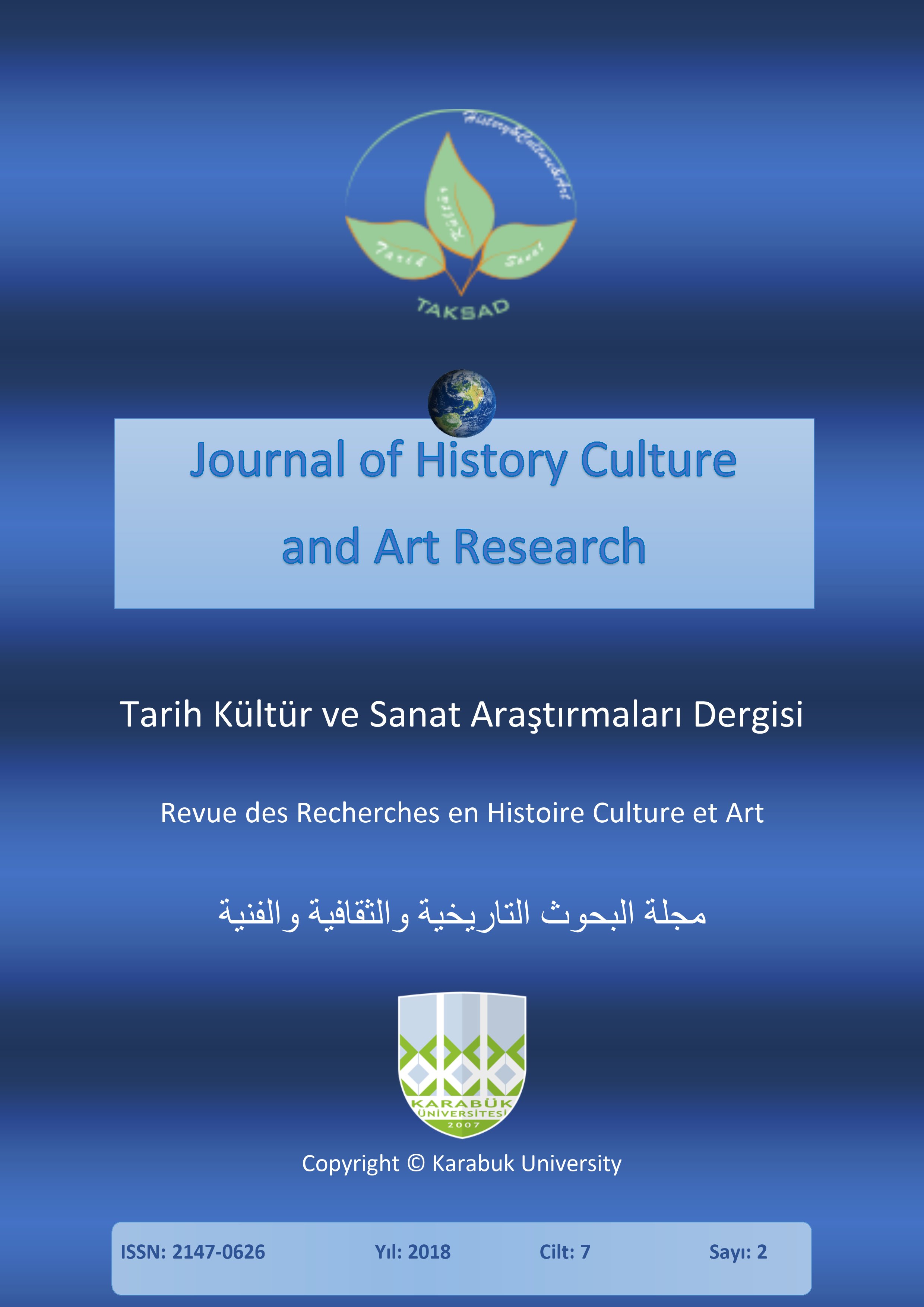Ethnocultural Specific of Idioms: From Traditional to Innovative Paradigms
DOI:
https://doi.org/10.7596/taksad.v7i2.1600Keywords:
Phraseme, Worldview, Linguistic-cultural approach, Ethno-cultural component, Cognitive approach, Linguocreative thinking.Abstract
The ethno-cultural aura of phraseology is revealed in conjunction with the comprehension of the secrets of the linguistic mentality of peoples that generates the idiomatics of native languages. Since traditionally ethno-cultural specificity of phraseology was studied at the level of a country study description, an attempt was made to elucidate the work of cognitive-pragmatic mechanisms for the formation of phraseological imagery. The first method is aimed at revealing the ethno-cultural component in the value-semantic potential of phraseme building components, called culturally significant realia. However, the authors do not confine themselves to this method, which narrows the reference of phraseme building components. An integrated approach to the identification and description of the ethno-cultural component is proposed, using the analysis of the integrated configuration of the four factors of the formation of the axiological content of phrasemes.References
Akhmanova, O. S. (2004). Slovar' lingvisticheskikh terminov. Moscow: Editorial URSS. (In Russian).
Alefirenko, N. F. (2017). Kognitivno-pragmaticheskiye istoki frazemosemiozisa: Monografiya. Moscow: Flinta-Nauka. (In Russian).
Alefirenko, N. F.; Lagodenko, J. V.; Papkov, A. I. & Ozerova, E. G. (2015). Ethno-linguistic Mechanisms of Sense Formation. Home Journals the Social Sciences, 10(6): 1096-1100.
Alefirenko, N. F. & Nurtazina, M. (2018). Сulturally determined peculiarities of argumentative discourse. Vestnik “Nauka i zhizn Kazakhstana”, 1: 78-89.
Collins Cobuild Idioms Dictionary (2007). Glasgow: Harper Collins Publishers.
Humbol'dt, V. Fon (1984). Izbrannyye trudy po yazykoznaniyu. Moscow: Progress. (in Russian).
Kapysheva, G. K. (2009). Frazeologicheskiye universalii. Vestnik Kazakhstansko-Amerikanskogo svobodnogo universiteta. Astana: Izd-vo KASU, 2: 71-75.
Kirillova, N. N. (1988). Predmet i metody issledovaniya idioetnicheskoy frazeologii. L. (In Russian).
Kovshova, M. L. (1996). Kul'turno-natsional'naya spetsifika frazeologizmov (kognitivnyye aspekty): Dis. kand. filol. nauk. Moscow.
Latypov, L. N. (1989). Lingvostranovedcheskiy aspekt frazeologicheskoy yedinitsy (na materiale frazeologizmov russkogo i angliyskogo yazyka): Dis. ... .kand. filol. nauk. L. (in Russian).
Raykhshteyn, A. D. (1980). Sopostavitel'nyy analiz nemetskoy i russkoy frazeologii. Moscow: Vysshaya shkola. (in Russian)
Ruiz, L. (1996). Sobre la fraseología coloquial: corpus e investigación. Actas del I Congreso Internacional de AESLA: El Español, Lengua Internacional. pp. 493-498.
Teliya, V. N. (1996). Russkaya frazeologiya. Semanticheskiy, pragmaticheskiy i lingvokul'turologicheskiy aspekty. Moscow: Skola: Yazyki russkoi kultury. (in Russian).
Titarenko, N. V. (2008). Natsional'no-kul'turnyy komponent frazeologizma v sopostavitel'nom aspekte: na materiale russkogo, angliyskogo i ispanskogo yazykov: avtoreferat dis. ... kandidata filologicheskikh nauk. Volgograd. (in Russian).
Downloads
Published
How to Cite
Issue
Section
License
All papers licensed under Creative Commons 4.0 CC-BY.- Share — copy and redistribute the material in any medium or format
- Adapt — remix, transform, and build upon the material for any purpose, even commercially.
Under the following terms:
Attribution — You must give appropriate credit, provide a link to the license, and indicate if changes were made. You may do so in any reasonable manner, but not in any way that suggests the licensor endorses you or your use.
- No additional restrictions — You may not apply legal terms or technological measures that legally restrict others from doing anything the license permits.







